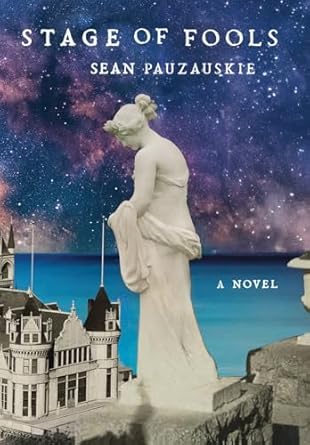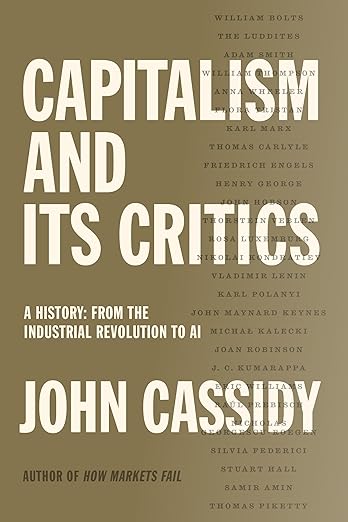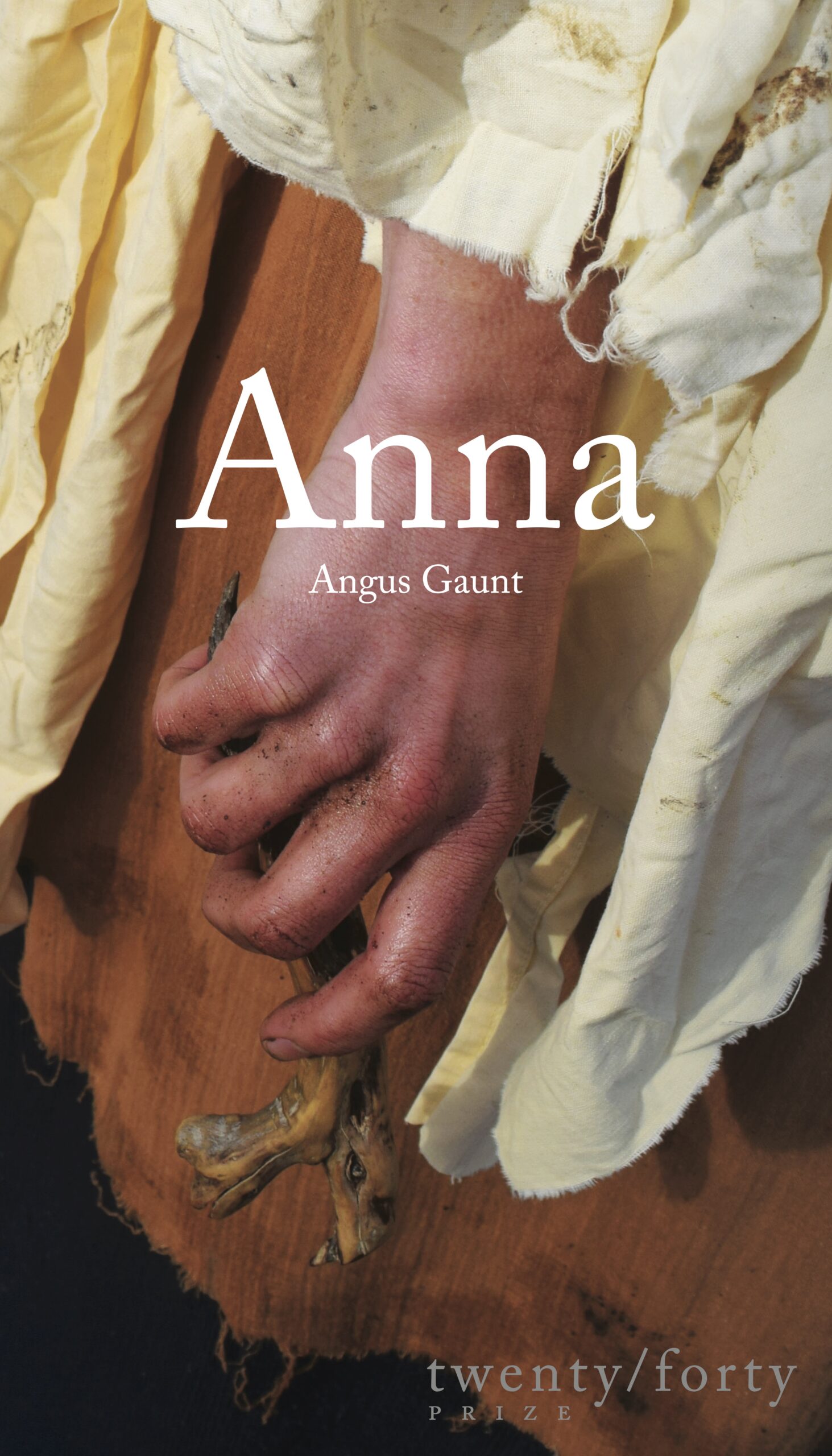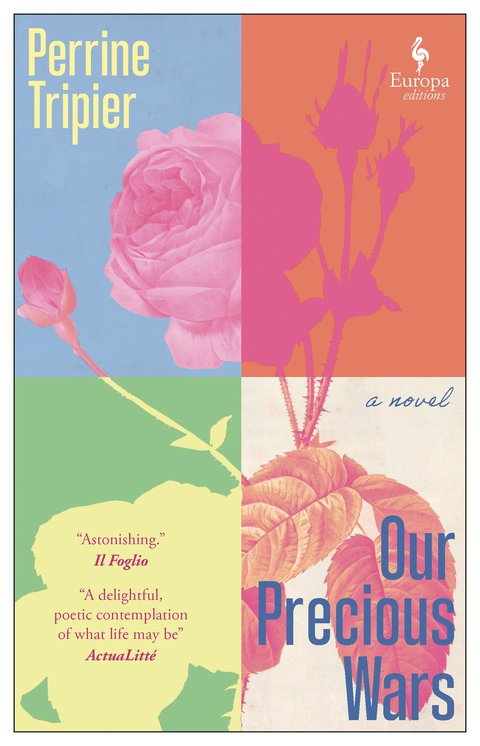 We have a copy of Stage of Fools by Sean Pauzauskie to give away!
We have a copy of Stage of Fools by Sean Pauzauskie to give away!
To win, sign up for our Free Newsletter on the right-hand side of the site and enter via the newsletter. Winner will be chosen by the end of November from subscribers who enter via the newsletter. Good luck!
 The speaker has a direct line that runs from her heart to the hearts of the women she is striving to help. At times this line becomes clogged, and there is a break, perhaps because of the strain of her own unresolved conflicts with drugs and alcohol, (Not uncommon in the field) but never to the detriment of the work. In fact, her brilliant honesty and self-doubt drew me in as a reader, leaving me to draw my own conclusions about how she was changed as a person as a result of this lived experience, which is what all good poetry invites us to do.
The speaker has a direct line that runs from her heart to the hearts of the women she is striving to help. At times this line becomes clogged, and there is a break, perhaps because of the strain of her own unresolved conflicts with drugs and alcohol, (Not uncommon in the field) but never to the detriment of the work. In fact, her brilliant honesty and self-doubt drew me in as a reader, leaving me to draw my own conclusions about how she was changed as a person as a result of this lived experience, which is what all good poetry invites us to do. Should Cassidy’s book be summarized to make it more digestible to a public that likes a quick read? No. Cassidy’s book is a reader-friendly book that takes readers on a journey from the Levellers and Diggers of the English Civil War, to Trump’s America. By selecting an historical figure as the focus of each chapter, he gives readers a human story and makes the past come alive.
Should Cassidy’s book be summarized to make it more digestible to a public that likes a quick read? No. Cassidy’s book is a reader-friendly book that takes readers on a journey from the Levellers and Diggers of the English Civil War, to Trump’s America. By selecting an historical figure as the focus of each chapter, he gives readers a human story and makes the past come alive. The sequence of Rhone Fancher’s poetry is particularly inventive, offering a layered resonance that readers may find both empathetic and revealing. While its earlier stanzas carefully construct the scene, it is the ending that delivers the greatest impact — a twist shaped by irony, by the disparity of experience, and by an emotional and intellectual complexity that lingers long after the last line.
The sequence of Rhone Fancher’s poetry is particularly inventive, offering a layered resonance that readers may find both empathetic and revealing. While its earlier stanzas carefully construct the scene, it is the ending that delivers the greatest impact — a twist shaped by irony, by the disparity of experience, and by an emotional and intellectual complexity that lingers long after the last line. The author of Let The Fish Fly talks about her new novel and its themes, the power of following the inner voice, how writing this novel changed her, her use of The Upanishads and other ancient texts, the masks women wear, Kali moments, the sacred amidst the everyday, and lots more.
The author of Let The Fish Fly talks about her new novel and its themes, the power of following the inner voice, how writing this novel changed her, her use of The Upanishads and other ancient texts, the masks women wear, Kali moments, the sacred amidst the everyday, and lots more.  This is a delightful collection – often thought provoking, sometimes poignant and always engaging. Keating understands the times in which we live. As she says in her introduction, it is: ‘a broken world with personal and collective emotions, pain of war and human travail that can bring us to our knees’. But gloom and desperation aren’t options for this fine lyric poet.
This is a delightful collection – often thought provoking, sometimes poignant and always engaging. Keating understands the times in which we live. As she says in her introduction, it is: ‘a broken world with personal and collective emotions, pain of war and human travail that can bring us to our knees’. But gloom and desperation aren’t options for this fine lyric poet. The whole book has a feel of allegory, with the forest taking on an almost animistic feel – you get the sense of this non-human life crackling around Anna – but we also are invested in Anna’s survival. This is partly because Anna’s trajectory is driven forward by her growing survival instinct as she navigates night-time cold, constant hunger, environmental dangers, and the ever-present threat of the people she encounters – some helpful and some less so.
The whole book has a feel of allegory, with the forest taking on an almost animistic feel – you get the sense of this non-human life crackling around Anna – but we also are invested in Anna’s survival. This is partly because Anna’s trajectory is driven forward by her growing survival instinct as she navigates night-time cold, constant hunger, environmental dangers, and the ever-present threat of the people she encounters – some helpful and some less so. I marveled at how Pacht is a poet in constant absorption. From a Hammacher Schlemmer catalog to lines from fellow poets to topics like electrical currents and plastic surgery pulled from the news, the poet is a deliberate sponge whose words in the end are selected across a world of inspiration.
I marveled at how Pacht is a poet in constant absorption. From a Hammacher Schlemmer catalog to lines from fellow poets to topics like electrical currents and plastic surgery pulled from the news, the poet is a deliberate sponge whose words in the end are selected across a world of inspiration. Tripier’s exacting prose captures the story of a woman locked in and looking back on life, but it also holds moments of sheer joy recognizable by any reader who’s creating or reliving memory. May those moments extend beyond the walls of a house into a fully-lived life. Level the rubble, indeed.
Tripier’s exacting prose captures the story of a woman locked in and looking back on life, but it also holds moments of sheer joy recognizable by any reader who’s creating or reliving memory. May those moments extend beyond the walls of a house into a fully-lived life. Level the rubble, indeed. One of the opening epigraphs by Brenda Eldridge likens music to ekphrastic poetry, but the poetry in this book is often ekphrasis based on music, taking its cue from the experience of listening. The result is poetry that is descriptive, rhythmic and often catchy in the way that popular music can be.
One of the opening epigraphs by Brenda Eldridge likens music to ekphrastic poetry, but the poetry in this book is often ekphrasis based on music, taking its cue from the experience of listening. The result is poetry that is descriptive, rhythmic and often catchy in the way that popular music can be. John Biscello’s astonishing work, The Last Furies, is a vaudeville routine wrapped around a radio drama, tucked into a theater piece, bound by a screenplay, drawn into a rich and sprawling novel. Imagine a character in a play. What if they had an inner life outside of the script and the production itself?
John Biscello’s astonishing work, The Last Furies, is a vaudeville routine wrapped around a radio drama, tucked into a theater piece, bound by a screenplay, drawn into a rich and sprawling novel. Imagine a character in a play. What if they had an inner life outside of the script and the production itself?